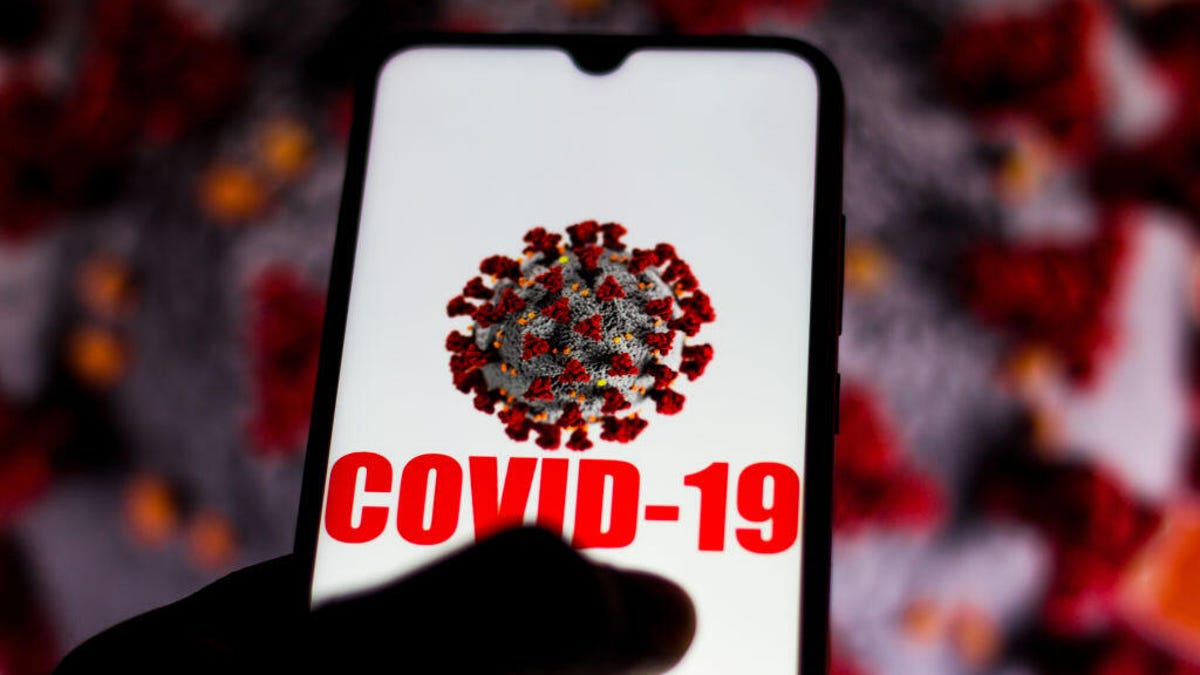Patches that remotely monitor coronavirus symptoms could help bring people back to work
Tech solutions may have good intentions but could raise privacy concerns.

A temperature-monitoring patch could help track employees as they head back to work amid the COVID-19 outbreak.
The coronavirus pandemic has created a surge of innovation aimed at combating the virus. One new tech effort is a temperature-monitoring patch that could help track employees as they head back to work.
The Band-Aid-sized patch is intended to be worn on the skin and connected wirelessly to a mobile device to monitor a person's body temperature, according to a report from Reuters. A raised temperature is one symptom of COVID-19, the disease caused by the coronavirus.
The group of companies developing the patch includes microchip designers SkyWater Technology and Linear ASICs, as well as New York investment firm Asymmetric Return Capital. The three companies are working closely with artificial intelligence software firm SensiML and in-home health care group Upward Health.
"Now that temperature checks are becoming ubiquitous in return-to-work policies, a domestic supply of low-cost, no-touch thermometers is critical," said Bryan Wisk, Asymmetric Return Capital founding partner, in a release from Skywater on Tuesday. "SkyWater and Linear ASICs have enabled us to develop a high volume of wireless temperature sensing tags that can remotely monitor temperature and keep those with symptoms at home."
Coronavirus updates
However, increased demand for technology that can monitor employees, like thermal cameras and facial recognition, and track the spread of the virus has also raised privacy concerns. Privacy advocates like NSA whistleblower Edward Snowden have warned of government overreach, arguing that current measures won't be scaled back once the public health crisis has ended.
The American Civil Liberties Union has also pointed out that privacy and public health are interconnected, saying that people won't use COVID-19 apps and tech if they don't think their data is secure. A study by Pew Research Center in 2019 found that 70% of Americans feel their personal data is less secure now than it has been in the past five years.
While it's unclear whether these monitoring patches will make their way to workplaces, a spokesperson for Asymmetric Return Capital said they've had interest from "mission-critical industries (such as meat processing and automotive) that are either obligated to keep people at work or bring people back to work earlier than other industries."

